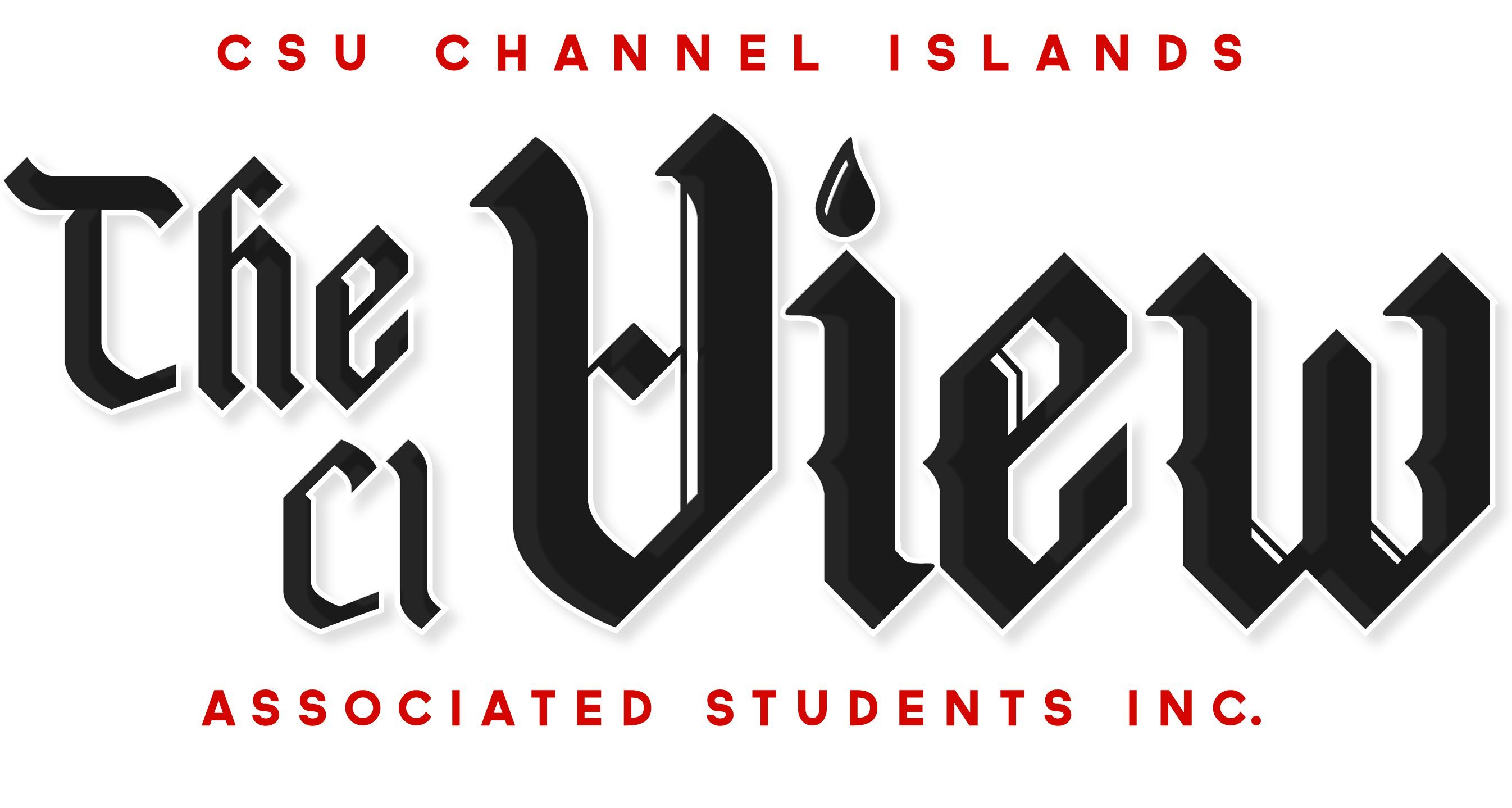By Jazzminn Morecraft
Voting can feel like a stressful task, especially when voting down ballot. When individuals mention voting down ballot, they are talking about the county positions that are looking to be filled and all the propositions that are found on the ballot. For this specific voting season, we find 12 different propositions on our ballot in California. Specifically, there are two propositions we want to call your attention to that affect our CI community: Proposition 16 and Proposition 18.
Proposition 16 is based on removing the ban on affirmative action.
- What voting yes on Proposition 16 would mean:
- Voting yes on Proposition 16 supports repealing Proposition 209, which was passed in 1996. The California State Student Association (CSSA) has come out in support of Proposition 16. Student Government of CI have provided further information for students on their Instagram (@ci_studentgovt). They have explained that Proposition 16 “would allow diversity to be considered in employment, education and contracting decisions. The main goal of Prop 16 is to allow equal opportunity for all.” Furthermore, Student Government educated students on the misinformation about the proposition as individuals believe “people would be discriminated against based on their sex, race, gender, etc.” In fact, Proposition 16 is to help underprivileged groups to have equal opportunities and grow diversity throughout our society. On Wednesday, Oct. 29, Student Government hosted a Voter Disenfranchisement and Long-term Change with the Black Brown Healing on Instagram Live. During the live event, Isaac Alferos, founder of the Black Brown Healing Project, further clarified that “Prop 16 allows governments and government agencies to consider race as a part of a broader multitude of factors … it allows them to consider it but does not mandate anything.”
- What voting no on Proposition 16 would mean:
- Voting no on Proposition 16 would keep Proposition 209 and leave things how they currently are. According to Ballotpedia, “Proposition 209 added Section 31 to the California Constitution’s Declaration of Rights, which said that the state cannot discriminate against or grant preferential treatment on the basis of race, sex, color, ethnicity or national origin in the operation of public employment, public education and public contracting.” This means institutions like public universities would still not be able to consider race when admitting students to their institution. On the California Voter Guide, the four main reasons that are stated to vote no are: it would be a step backwards for discrimination, it would help those who really need it, it would give taxpayers a break and it is a fundamental right that is in our Constitution. Individuals who encourage voters to vote no on Proposition 16 state, “Only by treating everyone equally can a state as brilliantly diverse as California be fair to everyone.”

Proposition 18 “would allow 17-year-olds who will be 18 at the time of the next general election to vote in primary elections and special elections,” according to Ballotpedia. We bring this to your attention as college students because many individuals coming to college can fall into this category.
- What voting yes on Proposition 18 would mean:
- This proposition would allow individuals who would have a say in the general election to have a say in the primary election when they are technically not old enough to vote yet and therefore participate in the full election cycle. According to the California Voter Guide, “This measure is needed to boost youth civic engagement in our elections and help create more lifelong participants in the most fundamental process of democracy.” The younger generations are taking more of an interest in current politics and even those who cannot vote are encouraging those who can, to do so. Additionally, the yes side for Proposition 18 states, “17-year-olds already work and pay taxes, and they can enlist in the military. If young people at this age are volunteering to put their lives on the line for our country and contributing financially to society, they should be able to participate in a full election cycle the year they turn 18.”
- What voting no on Proposition 18 would mean:
- Voting no on this proposition would keep things the way they are currently. Individuals who are not yet 18 years old during the primaries would not be able to vote at that time but would be able to vote after they turn 18, prior to the general election. According to the California Voter Guide, “Law prohibits younger teens from smoking, drinking and even tanning because research shows the logic and reasoning area of their brain is not fully developed. Those abilities are vital to responsible voting.” Additionally, the no side for Proposition 18 argues that 17-year-olds “have no frame of reference to make the vital decisions voters make for themselves and all other members of society when they vote.”
No matter how you vote, just remember that voting down ballot is just as import as voting for the president. Additionally, whether you are voting in person or by mail, be sure to do your research on the propositions that are being proposed. Often times the language on the ballot can be unclear and confusing, while not explaining the full extent and intent of the proposition.
Recourses you can use to continue to learn about Proposition 16 and 18 and all the other propositions on the ballot:
- CI Student Government Instagram: @ci_studentgovt
- Ballotpedia.com
- Cal Matters Propositions in 1 Minute

